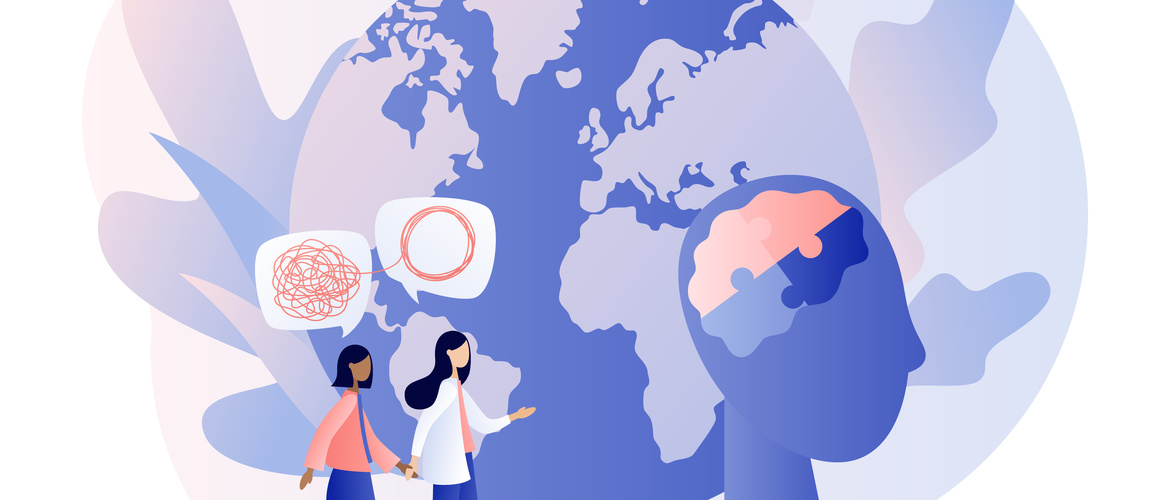
Choose a channel
Check out the different Progress in Mind content channels.

Progress in Mind

Actions to improve global mental health include development and use of a common language to describe mental health disorders and interventions, inclusive and collective decision-making, training, and education, protection of human rights, and education to eliminate stigma, explained experts at an inspirational plenary session at WCP 2021.
Actions are needed to provide equitable mental health worldwide, said Professor Norman Sartorius, President of the Association for the Improvement of Mental Health Programs, Geneva, Switzerland. They include:
A common language for mental health disorders and interventions is key
Aim for inclusive and collective decision-making, training and education
In addition, Professor Sartorius said, it is essential to involve:
Equity not equality
People with mental illness need more than people without mental illness
The mental health burden should refer to scope not location, said Professor Oye Gureje, University of Ibadan, Nigeria.
A high burden of mental illness and inequity in healthcare provision are global challenges.1 However, 75% of the burden due to mental, neurologic and substance use disorders and great majority of suicides is experienced by low- and middle-income countries (LMIC).2
Equity of healthcare not equality is the goal, said Professor Sartorius, because people with mental illness need more than people without mental illness at every step of service.
A global vision to improve services
Education is essential from early childhood to eliminate stigma
Global multi-perspective collaborative research and practice on topics such as improving quality of services are needed, said Professor Judith Bass, Johns Hopkins School of Public Health, Baltimore, MD.
In addition, all stakeholders, including patients, caregivers, and healthcare providers need to be involved in the conceptualization and design of services to ensure programs are sustainable.
Professor Pratima Murthy, Bangalore, India, also commented on the need to tailor common plans to needs and circumstances, saying “Different strokes for different folks.”
Networking technology provides opportunities for global intervention strategies using examples from different cultures, added Professor Bass, and can be used to:
Addressing human rights
Human rights are denied worldwide due to inability to pay for, or access, mental healthcare
Mental health is a subject of human rights,3 said Professor Guadalupe Morales Cano, Madrid, Spain, but human rights are denied worldwide due to inability to pay for, or access, mental healthcare. As a result, many people with mental disorders are restrained by chains, particularly in LMIC.
Targeting human rights has led to significant change in mental health services in India, said Professor Pratima Murthy, Bangalore, India, who highlighted community-targeted interventions as the way forward in India.
She concluded her optimistic view for the future with a Sanskrit shloka translated as “May everyone in the world be happy. Happiness comes out of health both mental and physical health.”
Our correspondent’s highlights from the symposium are meant as a fair representation of the scientific content presented. The views and opinions expressed on this page do not necessarily reflect those of Lundbeck.